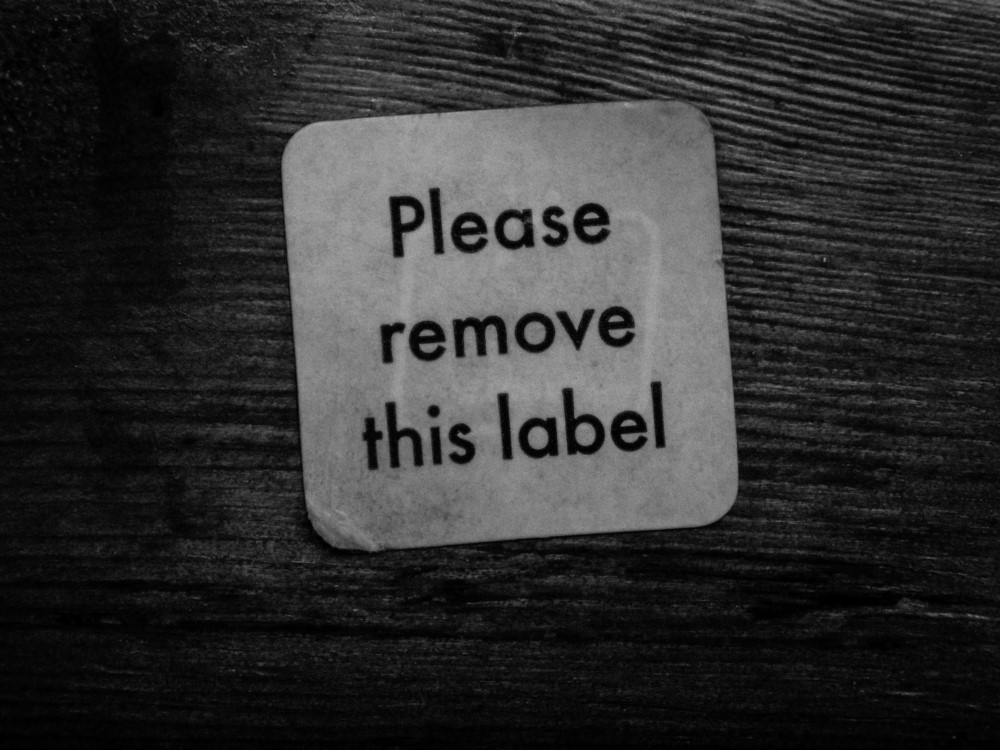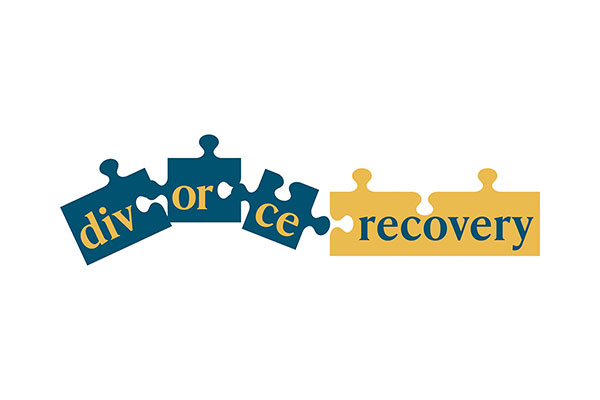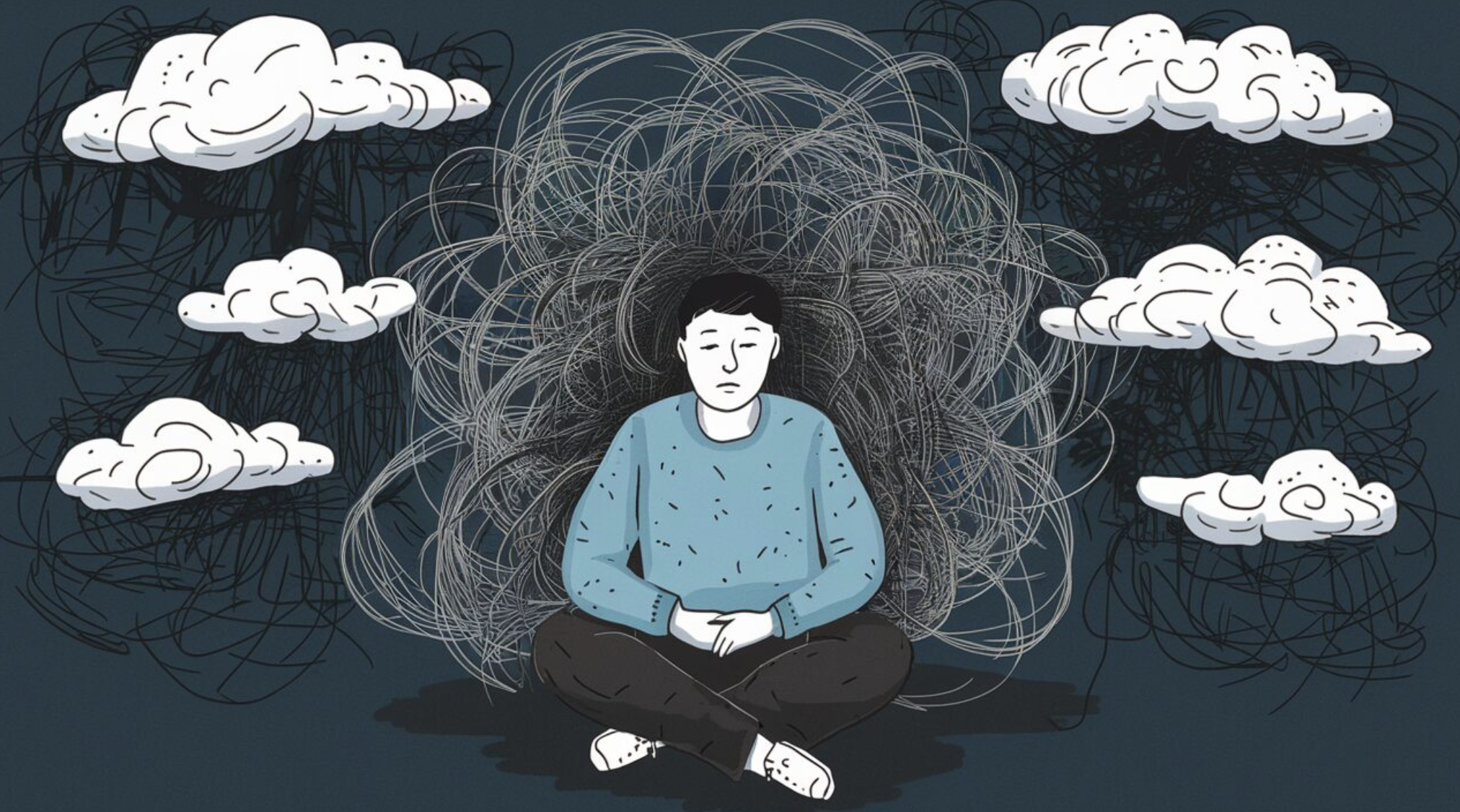Diagnosis and Symptoms: How helpful are they?
Our culture has really done an amazing job at reducing social stigma around psychological issues. Unfortunately, in that process, we have somehow traded out stigma for a medicalized, symptom-focused, shallow understanding of ourselves and our mental health. On the positive side, you won’t get a scarlet letter for a mental health challenge these days. On the negative side, people are spending way too much time in and out of therapy as they work to extinguish symptoms rather than unearth the personality and relational dynamicsRelational Dynamics refers to the patterns of interaction and emotional responses that occur within ... that fuel the presence of those symptoms. Let us explain.
As things have progressed, what used to be technical, diagnostic psychological language has become common parlance. As always, solutions breed new problems. Today, people have lost their sense of agency and uniqueness when it comes to addressing mental health issues. They see themselves as struck with an illness, burdened by a force bearing down on them, with a name like OCD, ADD, GAD, MDD, PTSD (etc). Diagnosis provides a categorical label for a cluster of symptoms that people frequently experience. However, symptoms are not descriptive of the meaning, causes, and biopsychosocial elements fueling their existence. Looked at in this way they are symptoms without a story of how they came to be.
In other words, people now struggle to connect the acronym to the rest of their lives and lived experiences. Conceptualizing our symptoms/issues as imposed upon us and purely biological seems to exonerate us and our loved ones from responsibility and circumvent any shame we might experience. In giving up any responsibility in creating our mental health we also forfeit a necessary sense of agency needed to make change and get better. Compounding the issue, the medical model has been forced upon psychology and psychological science. It is not a good fit. Therapy is good to be informed by science but when conducted like science is a recipe for failure. Things are infinitely more complex in human psychology and manualized, uniform approaches don’t provide the best outcomes. In many ways, just as a doctor wouldn’t equate treating a fever with treating the underlying condition, we don’t believe that aiming for relief of immediate symptoms means relief from the underlying condition.
In a recent article Gabor Mate, MD a renowned psychiatrist stated “We tend to see people’s illnesses as as isolated, accidental, and unfortunate events rather than the outcomes of lives lied in a psychological and social context; illness is the body’s expression of experiences, beliefs, and lifelong patterns of relating to the self and to the world.”
How focusing on diagnosis can impact therapy
In the realm of mental health, the emphasis on diagnosis can significantly influence the course of therapy. Oftentimes, individuals enter therapy seeking specific treatment plans, desiring precise timelines for improvement, and seeking an arsenal of techniques readily available on the internet. However, the use of diagnostic labels aligns more with the medical model, potentially overlooking the intricate manifestations of symptoms stemming from the complexity of human life and experience. The growing trend of self-diagnosis further complicates matters, as individuals may initially believe they are grappling with a specific disorder, only to discover that their reported disorder is just one facet of the broader clinical picture.
It’s essential to note that psychiatrists, who prescribe medications, operate under a different paradigm. The use of diagnostic labels proves more beneficial when approaching mental health from a biological, symptom-focused standpoint, especially when a rapid frame of reference is needed to select the appropriate medication class. This approach allows physicians to prescribe with greater accuracy based on symptoms, acknowledging that their primary goal is symptom alleviation within the constraints of limited patient interaction time.
Renowned psychoanalytic psychologist Nancy McWilliams underscores the potential pitfalls of a solely chemical perspective on psychological suffering. In a recent scientific journal, she argues against reducing complex human experiences to mere disorders with chemical solutions, urging a broader consideration of factors such as poverty, neglect, traumaTrauma refers to the emotional and psychological response to a deeply distressing or disturbing even..., and interpersonal dynamicsInterpersonal Dynamics refers to the patterns of interaction between individuals, particularly how t....
McWilliams further highlights a shift in the language used by individuals seeking therapy, emphasizing a disconnect between their lived experiences and the diagnostic labels they adopt. This alienation from one’s sense of self can lead to a passive approach to therapy, where individuals expect an expert to prescribe solutions rather than actively engaging in their own psychological transformation.
In response to these challenges, our approach diverges from simplifying complex issues into diagnostic labels. We commit to providing a comprehensive understanding of the challenges faced by our clients, rejecting one-word answers or acronyms. While we acknowledge and honor diagnoses, our focus lies in understanding and addressing the root causes of psychological distress. We aim for more than temporary relief, striving for lasting change by improving overall psychological functioning.
In our group, clients are viewed as complete individuals with agency, facing challenges rather than being reduced to a cluster of symptoms. By recognizing and honoring their unique personalities, experiences, and social contexts, we facilitate faster progress and enduring psychological growth. Our approach, rooted in psychodynamic principles, rejects a one-size-fits-all manualized approach, aligning with research suggesting that such approaches often yield poorer outcomes (Truijens et al., 2019).
If you seek a deeper exploration of your diagnosis and a psychologist committed to working throughWorking Through is the process of processing and integrating unresolved emotions and conflicts over ... your challenges, you’ve come to the right place. Feel free to call or text us anytime for more information or to schedule your first session with our group.





